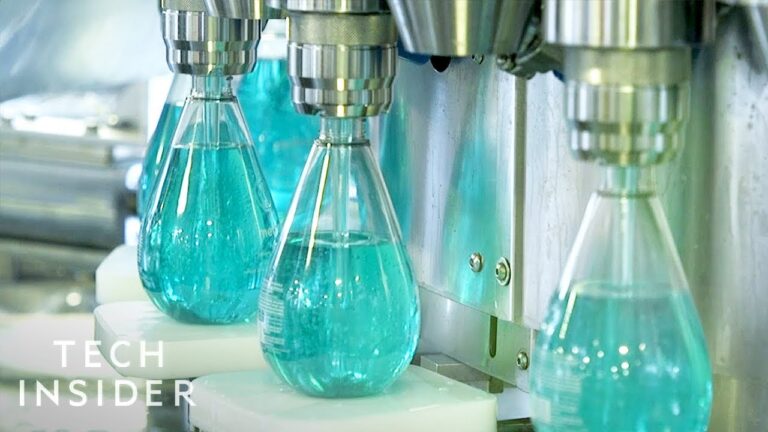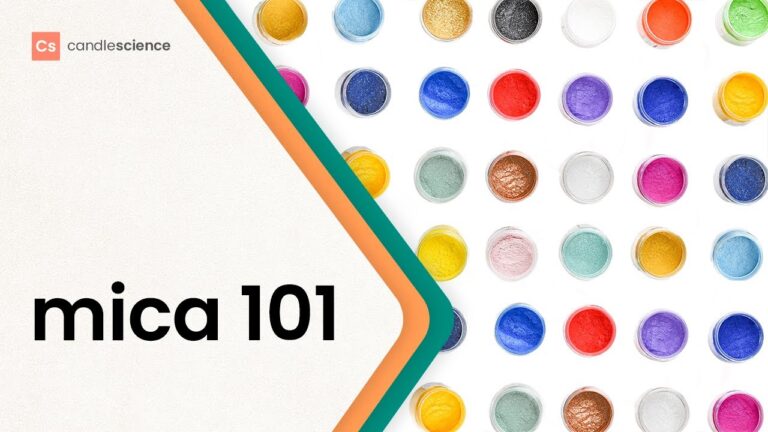In today’s environmentally conscious world, the demand for sustainable and eco-friendly products is on the rise. This has led to a shift towards green production methods for everyday items, including soap. From sourcing natural ingredients to implementing energy-efficient practices, soap manufacturers are increasingly incorporating eco-friendly techniques into their production processes. In this article, we explore the benefits of green production methods for soap and how they are helping to reduce the industry’s carbon footprint.
- Use of natural and organic ingredients in soap production to reduce environmental impact.
- Implementation of sustainable packaging materials and practices to minimize waste.
What is the method of production of soap?
There are four main methods for soap production: cold process, melt and pour, hot process, and rebatch. Each method has its own unique advantages and disadvantages, so it ultimately comes down to personal preference. Whether you prefer the simplicity of melt and pour or the customization of cold process, there is a method that will suit your needs.
Cold process soap making involves mixing oils and lye together at a low temperature, allowing the soap to cure over a period of weeks. Melt and pour soap making involves melting pre-made soap base and adding color and fragrance before pouring into molds. Hot process soap making speeds up the curing process by applying heat, resulting in a quicker turnaround time.
Rebatch soap making involves grating pre-made soap and re-melting it with additional ingredients to create a new batch. Each method offers a unique set of benefits and challenges, so it’s important to consider your preferences and needs when choosing a soap making method.
What is the most common method in the production of soap?
The most common method used to make soaps is known as saponification. This process involves heating up fats and oils, then mixing them with a liquid alkali to produce soap, water, and glycerine. This method is widely used in the production of soap due to its effectiveness and efficiency.
What makes the green chemistry approach important in the soap industry?
The green chemistry approach is crucial in the soap industry because it enables the production of environmentally-friendly soap that is free from harmful residues. By incorporating the principles of green chemistry into the saponification process, soap manufacturers can create products that are safe for both human health and the planet. This sustainable approach not only benefits the environment but also promotes a healthier lifestyle for consumers.
Incorporating green chemistry principles in the soap industry results in the production of eco-friendly soaps that have minimal impact on the environment. By utilizing sustainable practices and ingredients, manufacturers can create soaps that are biodegradable and non-toxic. This shift towards green chemistry not only helps reduce pollution and waste but also ensures that consumers are using products that are safe and gentle on their skin.
Sustainable Practices: How Green Soap is Revolutionizing Production
Green Soap is leading the way in sustainable practices within the production industry. By utilizing eco-friendly ingredients and packaging, this innovative company is setting a new standard for environmentally conscious manufacturing. Their commitment to reducing waste and carbon emissions is evident in every step of their production process.
One of the key ways Green Soap is revolutionizing production is through their use of biodegradable and non-toxic ingredients. These natural elements not only benefit the environment but also provide a safer product for consumers. By prioritizing sustainability in their sourcing and manufacturing, Green Soap is proving that eco-friendly practices can lead to high-quality products.
In addition to their eco-friendly ingredients, Green Soap is also dedicated to reducing their carbon footprint through sustainable packaging. Their use of recycled materials and minimalistic design not only helps the environment but also appeals to consumers who are increasingly conscious of their impact on the planet. By making sustainability a priority, Green Soap is setting a positive example for the production industry as a whole.
Environmentally Conscious: The Eco-Friendly Approach to Soap Making
Are you looking for a more sustainable and eco-friendly way to make soap? Look no further! By using natural ingredients like plant-based oils, essential oils, and botanicals, you can create luxurious and environmentally conscious soaps. Not only will you be reducing your carbon footprint, but you’ll also be avoiding harmful chemicals and synthetic fragrances that can be damaging to both your skin and the environment. Join the movement towards a greener future with our eco-friendly approach to soap making.
Green Innovation: Redefining Soap Production for a Cleaner Future
In response to the growing concern for environmental sustainability, soap production is undergoing a revolutionary transformation. With a focus on green innovation, companies are redefining their production processes to reduce their environmental impact. By incorporating sustainable practices such as using plant-based ingredients, minimizing waste, and implementing energy-efficient technologies, the soap industry is paving the way for a cleaner future.
As consumer demand for eco-friendly products continues to rise, the soap industry is at the forefront of green innovation. By redefining traditional production methods and embracing sustainable alternatives, companies are not only reducing their carbon footprint but also setting a new standard for environmentally conscious manufacturing. With a commitment to sustainability and a focus on green innovation, the soap industry is leading the charge towards a cleaner, greener future.
Incorporating green production methods for soap not only benefits the environment but also contributes to a healthier, more sustainable future. By utilizing renewable resources, reducing waste, and minimizing the use of harmful chemicals, soap manufacturers can make a positive impact on both the planet and the well-being of their consumers. Embracing eco-friendly practices in soap production is not just a trend, but a crucial step towards a greener, cleaner world for generations to come.



